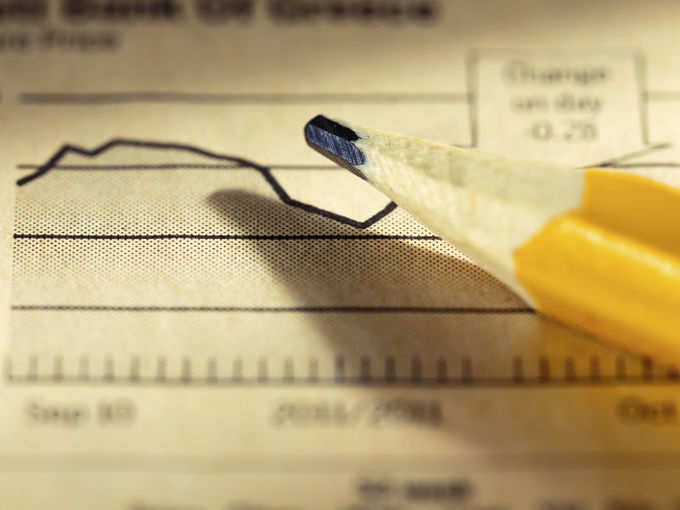
It is true that the steep fall in oil prices to around $40 a barrel from $115 a barrel in June 2014 has helped the NDA government control oil and fertiliser subsidies. Oil price dip also allowed the government to repeatedly raise excise duties on petrol and diesel, enhancing its source of income without alienating consumers by higher fuel prices.
However, revenue growth has been far from satisfactory. While the government’s reform agenda has lifted
A section of analysts feel the slower-than-expected growth in tax collections is likely to compel the government to slash capital spending in a bid to maintain its credit ratings.
The key silver lining for the government is the $10 billion it aims to raise from the sale of stake in state-run companies and minority stakes in private companies this fiscal year.
Cutting the fiscal deficit to 4.1 % by March 2015 looks next to impossible without offloading stakes in state-owned businesses. However, going by the previous
While the bid to sell stake in state-owned steelmaker
In an attempt to overcome the eventuality of not meeting its divestment target of $10 billion, the government recently announced a series of spending cuts and asked all departments to tighten the purse strings.
As part of an effort to cut discretionary spending by 10% in the current financial year, Modi also ordered bureaucrats to stop flying ‘first class’.
A slew of austerity measures indicate that even if the government falls short of meeting the divestment target, it is determined to meet the fiscal deficit target one way or the other.
Reinforcing its resolve to somehow hit the fiscal deficit target, Modi has asked his government to reduce wasteful spending, streamline the payment of welfare benefits and raise investment in roads and railways to boost growth.
He also said while it would be difficult to significantly push economic growth, the government is committed to deliver a combination of big-bang and incremental reforms.
The recent quarter-point cut in its main policy rate to 7.75% by Raghuram Ragan-led RBI is expected to provide the government a leg-up.
Arun Jaitley, who termed the rate cut as ‘an important turning point for the economy’ after repeatedly calling for lower
Modi’s recent remark that he doesn’t rule out calling a joint session of both houses to enact key legislations, clearly points to the fact that the government is determined to keep all options open to push its reforms agenda. The idea is to help reduce fiscal deficit and take India towards the path of what noted economist
Image: Thinkstock